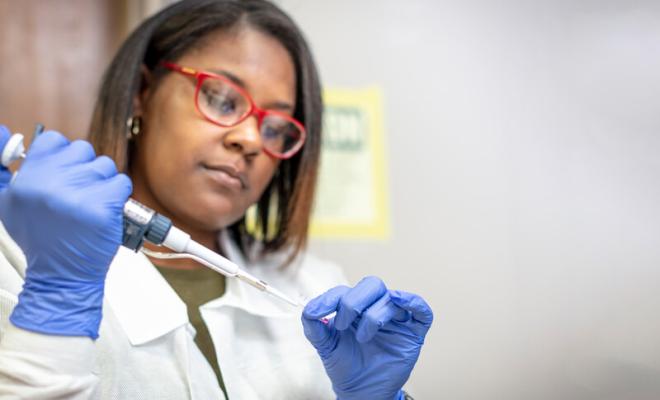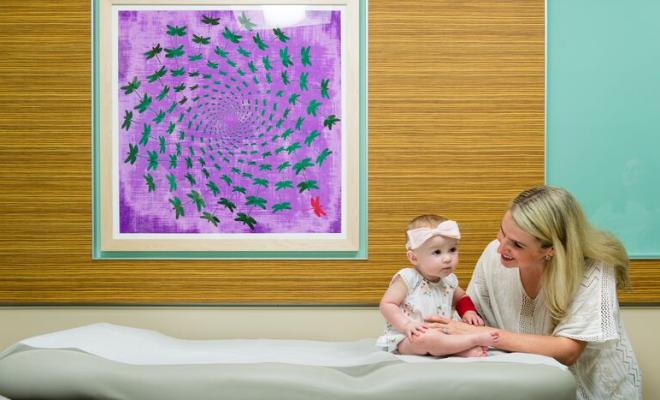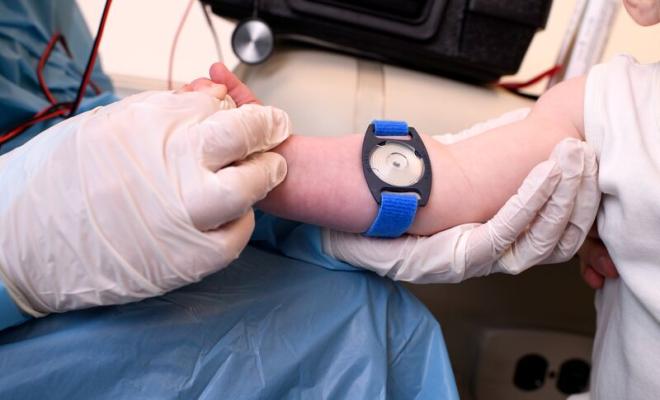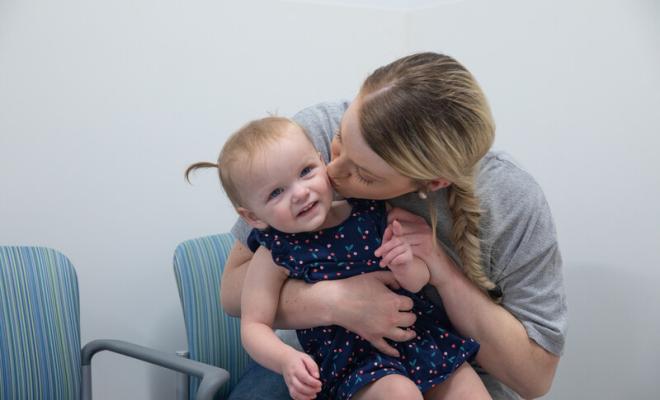Diagnosing CF is a multistep process. A complete diagnostic evaluation should include a newborn screening, a sweat chloride test, a genetic or carrier test, and a clinical evaluation at a CF Foundation-accredited care center.

ARTICLE
Carrier, or genetic, testing plays a key role in the diagnosis of cystic fibrosis, and allows parents to find out what their chances are of having a child with CF to help inform important family planning decisions.

ARTICLE
Newborn screening (NBS) is a program run by each state to identify babies born with certain health conditions, including cystic fibrosis. Although a sweat test should ultimately be done to rule out or confirm a CF diagnosis, NBS can help you and your health care providers take immediate steps to keep your child as healthy as possible.

ARTICLE
If you show symptoms of cystic fibrosis or your baby has a positive newborn screen for CF, a sweat test at a CF Foundation-accredited care center can help provide a CF diagnosis by measuring the concentration of salt in your or your baby's sweat. The test is painless and is the most reliable way to diagnose CF.

ARTICLE
Your doctor may classify your baby as having CRMS/CFSPID if he or she has a positive newborn screen and subsequent sweat chloride test results that fall into an uncertain or borderline range described as "intermediate."